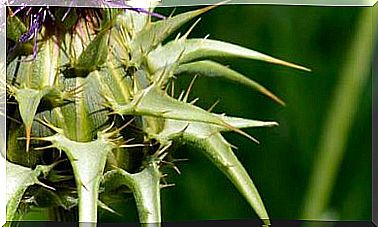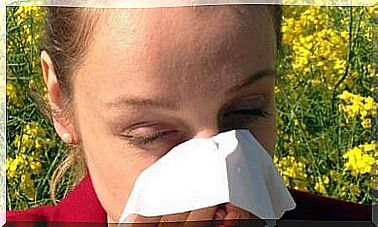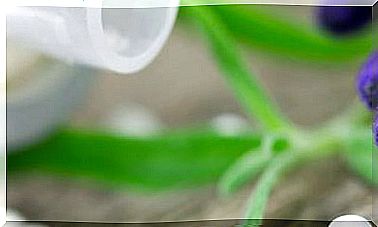SOS Bees. Without Them There Is No Life
They pollinate the flowers and allow us to obtain most of the food, but we are poisoning them. We must get involved in stopping their disappearance

“If the bee disappeared from the planet, humanity would only have four years to live. ” This resounding sentence, attributed to Albert Einstein, serves as a knock so that we understand the vital importance of this small insect. Despite the fact that most of us associate the bee only with honey and other products from the hive, it is actually the main pollinator in nature.
The bees are the ones in charge (along with the wind, water and other animals) of transporting the pollen that the flower needs to be fertilized and thus renew seeds and fruits. Compared to other insects (bumblebees, wasps, butterflies, moths, beetles …), wild and domestic bees carry out 80% of the pollination of plants worldwide. An example to understand its fundamental role in the life cycle : a field of almond trees requires at least five hives per hectare to provide us with nutritious almonds.
The decline of bees
The tragic news is that bees are disappearing from our fields. The beekeepers were the first to give the alarm signal when they saw that the number of populations in their hives was drastically decreasing without knowing what the cause was. Any specific disease, parasite, environmental pollution?
Deadly cocktail. Scientists have been investigating this drama for years and conclude that bees are in decline due to a combination of factors: due to the decrease in their food, infection with mites and other diseases, droughts, due to air pollution, climate change … But what harms bees the most are pesticide poisoning and the loss of natural habitat in which to feed.
There are a hundred species of crops that provide 90% of the world’s food, and 71 of them are pollinated by bees
Alarm around the world. One in ten species of bees is in danger of extinction in Europe, according to a recent report by the International Union for Conservation of Nature (IUCN). Beekeepers denounce the continued high mortality in their hives, which in Spain would be more than 20%, and in other European countries, from 30 to 35% and even 50%. American beekeepers testify to a 90% loss in their hives.
Will we run out of food?
Carrots at a price of gold. If this mortality continues, the problem is not running out of honey, but rather without many of our basic horticultural foods. Can you imagine a diet without legumes or without watermelons in summer? Well, let’s get ready to live without legumes, carrots, aubergines, pumpkins, zucchini, cabbages, or fruits such as kiwis, watermelons, peaches or melons, grasses for livestock fodder …
Although they do not disappear, their production could be so low that we have to pay them at the price of caviar. 84% of the food in the garden depends on the pollination of insects, with the bee as the queen of all of them. There are a hundred species of crops that provide 90% of the world’s food, and 71 of them are pollinated by bees, warns the Food and Agriculture Organization of the United Nations.
Of all the dangers that threaten these tiny pollinating insects, pesticide poisoning is the most bloody.
Economic loss. According to Greenpeace, the production of these foods could fall by up to 90% and even disappear. “The direct annual contribution of bees to the world economy has been estimated at 153,000 million euros” -explains the naturalist and journalist Joaquín Araújo to Cuerpomente. As always, these evaluations are seriously crippled by utilitarianism. Because indirect services and, even more so, stimuli to our curiosity are simply unquantifiable. The current decline is already a real tragedy for all landscapes and what happens in them.
They die poisoned
Addicted to pesticides. Of all the dangers that threaten these tiny pollinating insects, pesticide poisoning is the most bloody. They die from the effect of insecticides such as neonicotinoids and others, but they are also affected by fungicides, which kill their bacterial flora, and herbicides, which kill “weeds”, a necessary food for bees.
With the entire scientific community on red alert and environmental campaigns demanding solutions, the European Union was forced in 2013 to pass a two-year moratorium on the use of three neonicotinoid pesticides (and later added another one, fibronil non-neonicotinoid), which is due for renewal this year.
These types of pesticides particularly affect pollinating insects and, more unfortunately, bees are especially attracted to the nectar of the plants that contain them. They have become a drug for them, like tobacco for humans, and they prefer flowers sprinkled with these toxins.









